Golda Maria
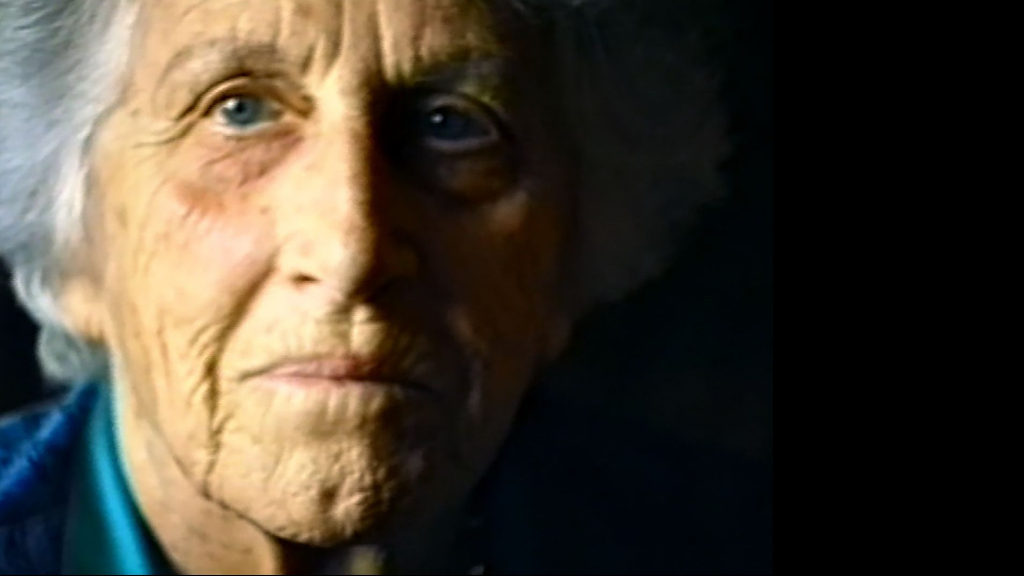
Born into a Jewish family in Poland in 1910 and raised in Berlin, Golda Maria is a Holocaust survivor. With the outbreak of war, Maria was separated from her husband and daughter. She was arrested and deported in 1944. This candid and heartfelt documentary describes her twelve months in the horror of the camps, the impact it had on her, and how this remarkable woman has coped and survived in the aftermath. Filmed by her grandson, producer Patrick Sobelman, along with his son Hugo, this is a sobering yet enlightening portrait that is as much about love as it is about pain.
There’s been something of a rise in demand for documentaries in recent years. Netflix, in particular, has become known for its engaging insights, but there’s always a sense that the narrative has been tailored to entertain more than to educate. Golda Maria was filmed on an amateur camera back in 1994. This affords it an unfiltered authenticity that’s now seldom found. The film is essentially a home movie, but rather than the audience feeling like intrusive voyeurs, Maria invites us in with her matter-of-fact yet warm and lively demeanour. As she recounts what can only be described as an utterly horrific period in both her life and world history, we are compelled to simply sit, watch and listen as we absorb this tale of spirited survival.
Maria recalls briefly considering suicide, Germans throwing chocolates containing poison to Jewish children, and having to flee her home without her parents. She describes how Switzerland only permitted Jewish men with children under the age of six to enter and explains that she sacrificed her daughter in order to save her husband because of this. Such moments make you pause, thankful for not having been a part of such horror, but also fascinated by the shocking reality Jewish people were forced to endure.
Running close to two hours, the documentary is time-consuming and requires undivided attention, which for such important and sensitive subject matter is more than warranted. It would be wrong for this topic to be given a glossy facade. Instead we feel like Maria, seated and facing the camera throughout, is addressing us directly with her story. We are offered a genuine, real and raw glimpse into the power of humanity and our innate ability for survival which is both moving and inspirational.
Early on, as Maria reflects on her childhood, it becomes apparent that she has always been a strong woman with a voice. Thanks to the wonder of film and the affectionate work of her grandson, that voice can still be heard.
Jonathan Marshall
Golda Maria does not have a UK release date yet.
Read more reviews from our Berlin Film Festival 2020 coverage here.
For further information about the event visit the Berlin Film Festival website here.

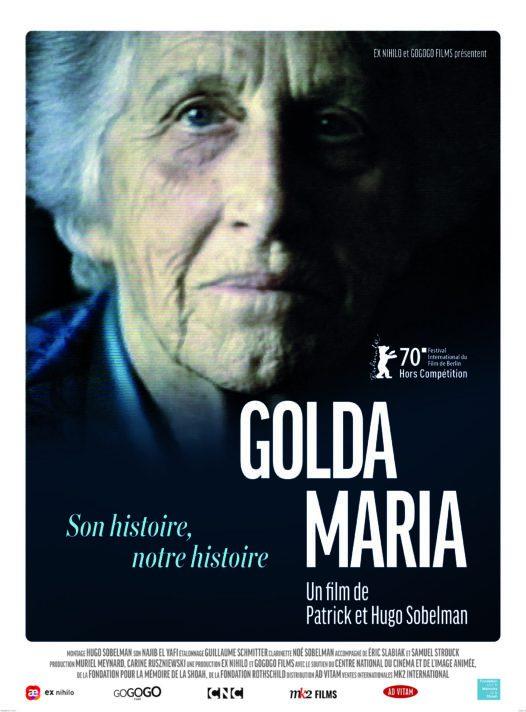









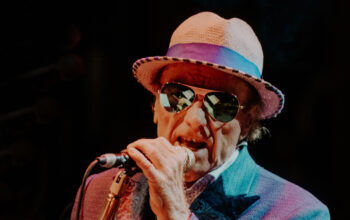

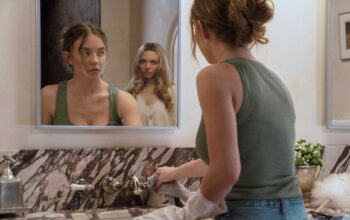
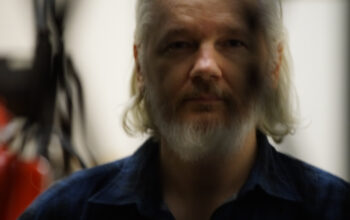


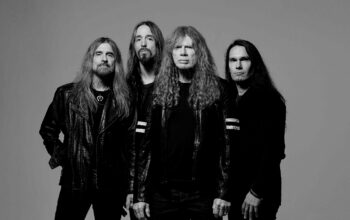

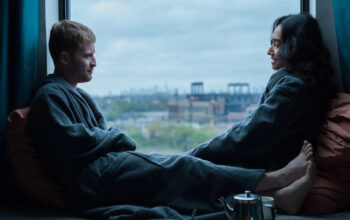





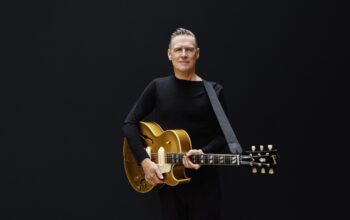
Facebook
Twitter
Instagram
YouTube
RSS